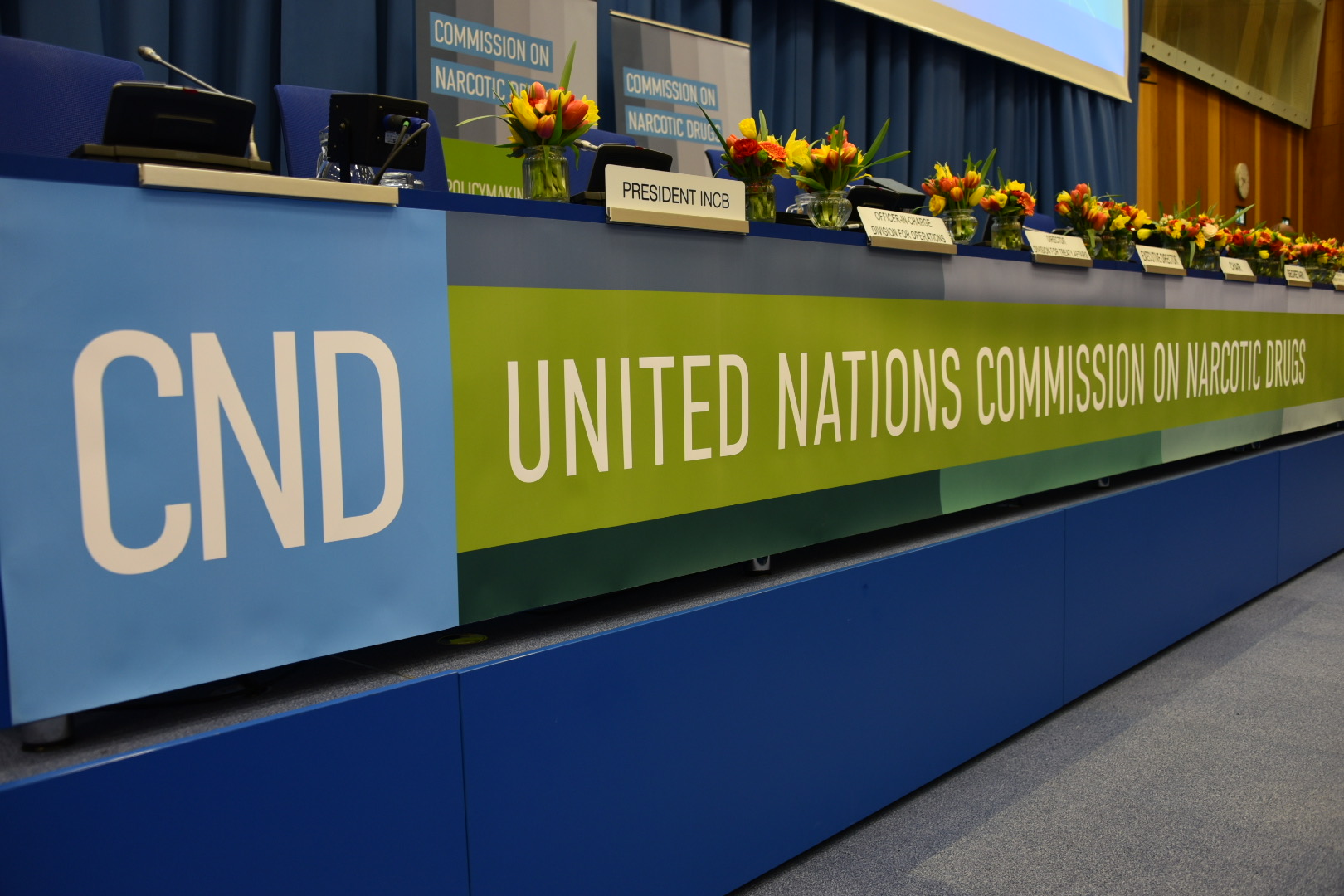The Czech Republic will not include HHC (hexahydrocannabinol) in its upcoming framework for regulated sale of psychoactive substances, after the United Nations Commission on Narcotic Drugs added HHC to the global list of banned substances. As a result, the Czech Health Ministry confirmed that HHC will instead be classified as a controlled drug, allowed only for scientific research.
HHC was previously legal and widely available in shops until the government imposed a sales ban, citing concerns after several children were hospitalized due to consumption of HHC-infused products. Although personal possession is still legal, that may change following the UN’s decision.
“The Czech Republic has no other option; it is obligated to include HHC among regulated narcotic substances,” said Ondřej Jakob, spokesperson for the Ministry of Health.
Originally, HHC was expected to be part of a new category of “psychomodulatory substances” that would allow regulated sales to adults. Viktor Mravčík, a former national drug policy advisor and co-author of the law, believes excluding HHC was a mistake. He argues the substance has milder, less addictive effects than THC and should qualify for regulated sale. He also pointed out that the UN ruling is not binding—Czechia has the legal right to file a reservation against the decision.
Despite the setback, preparations continue for the regulated sale of other substances like kratom and low-THC cannabis, planned to begin in July. However, delays and unclear communication from the government are frustrating vendors.
“There’s still no finalized paperwork or registration process for vendors. It’s uncertain whether the July deadline will be met,” said Erik Zahradil, spokesperson for the Association of Responsible Distributors.

